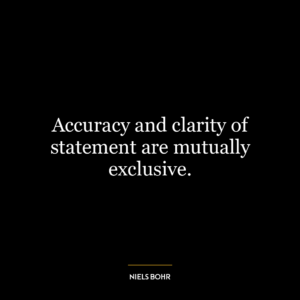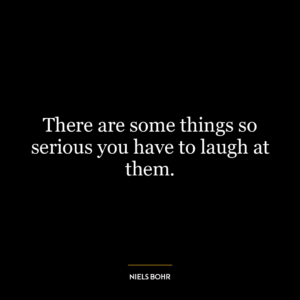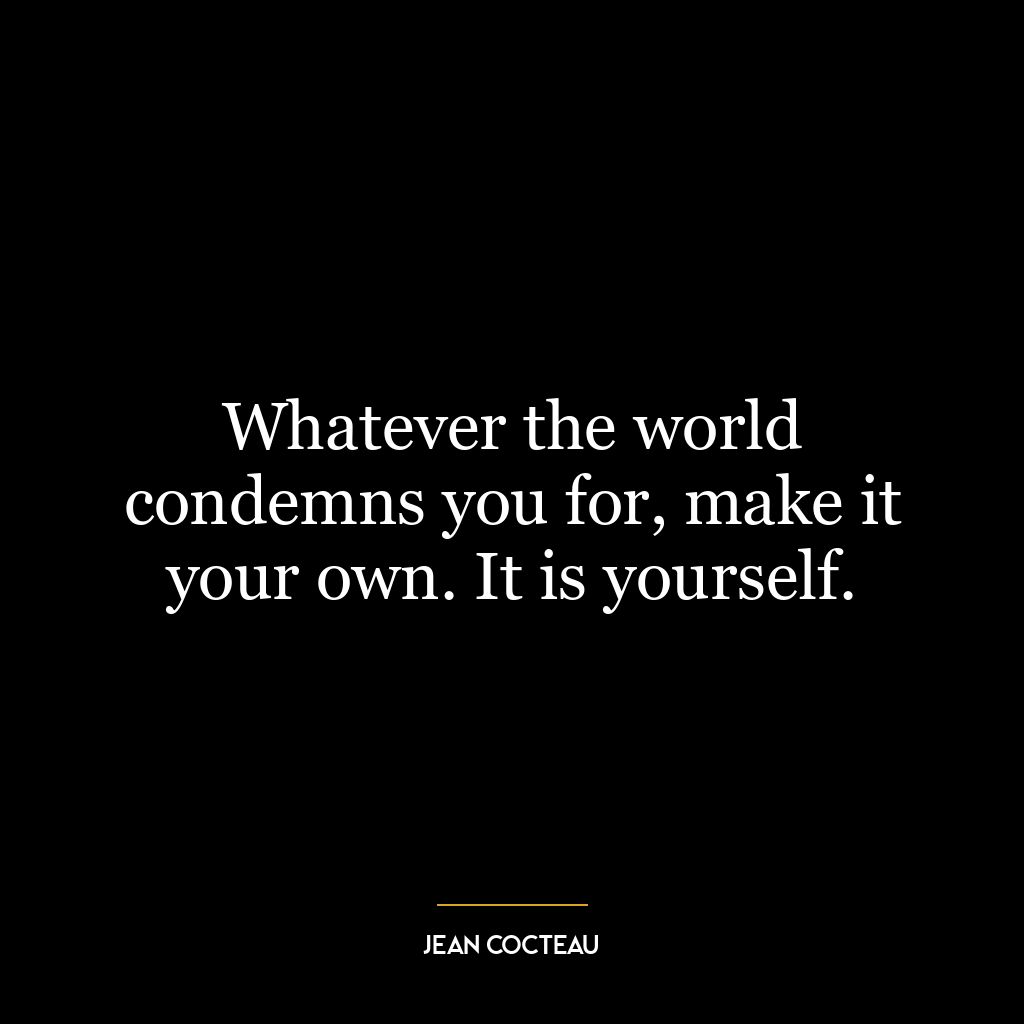How wonderful that we have met with a paradox. Now we have some hope of making progress.
This quote suggests that encountering a paradox, a situation or statement that seems impossible because it contains two opposing ideas, is not a roadblock but rather an opportunity for advancement. It emphasizes that progress often comes from challenging the status quo, questioning our assumptions, and embracing complexity rather than avoiding it.
In a paradox, two seemingly contradictory elements exist simultaneously, forcing us to think outside of our established frameworks. It encourages us to break free from linear thinking and explore multiple perspectives. By doing so, we can uncover new insights, ideas, and solutions that we might not have considered otherwise.
Applying this concept to today’s world, we can see how paradoxes are prevalent in many areas, from science and technology to social issues. For example, in the field of quantum physics, light is both a particle and a wave, a paradox that has led to significant advancements in our understanding of the universe.
In the context of personal development, embracing paradox can be a powerful tool for growth. For instance, the paradox of failure can be transformative. While failure is often seen as something negative, it can also be a valuable learning experience that leads to future success. By accepting this paradox, we can develop resilience and adaptability, which are crucial for personal growth.
In conclusion, the quote suggests that paradoxes, while challenging, are catalysts for progress and innovation. They push us to think critically, question our assumptions, and explore new possibilities. Whether in the broader world or in our personal lives, embracing paradox can lead to significant advancements and growth.












